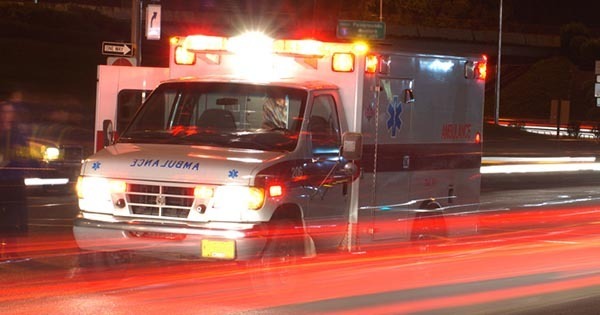
Alcohol-related EMS calls in the US Universities - How a MAP can lower ALS intenventions?
The significant abuse of alcohol in university students causes serious diseases, but students and bystanders hesitate to call EMS. Alcohol-related EMS calls have always been much fewer than the real need because of fear of disciplinary actions.
Many students faced a tragic faith because of this hesitation, and many others risked their lives by calling for help only when their case became critical. Colleges in the US decided to adopt an Alcohol Medical Amnesty Policy (MAP) in order to push students in asking for medical help immediately. This decision came from the awareness that most students and bystanders call the ambulance only when the health condition came critical.
The Journal of Adolescent Health published a study on the implementation of a MAP at an Urban University With a Collegiate-based emergency medical services agency. The primary purpose is to encourage students to do EMS calls for alcohol-related issues. This is what happened at Georgetown University in 2014.
This university established a CBEMS (Collegiate-Based Emergency Medical Service) agency in order to immunize students seeking medical treatment for alcohol-related EMS calls. This would have been the goal of pushing students to call the ambulance as soon as they feel something wrong, and not waiting for the complication of their clinical situation.
After the application of MAP at Georgetown University, a great increase of alcohol-related EMS calls has been registered. However, most importantly, there has been a 60% decrease in ALS assistance related to alcohol abuse. This is the signal that students and bystanders are calling the ambulance before the acute illness.
This study statistics confirmed that alcohol-related EMS calls got a peak in the months of September, October, April and a little bit in May. Then, the number of calls is higher in the evening.
The limitation is the lack of control for the potential increase in alcohol abuse among students. The only criticism is that this could enable students to abuse alcohol because they know that they will not have consequences.
In the end, this study proved how important is calling the ambulance in time. This college erased the fear of disciplinary consequences. Thanks to this, students and bystanders will call for EMS assistance probably in time, avoiding complications or the death of patients.
1-s2.0-S1054139X18302830-main


